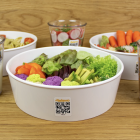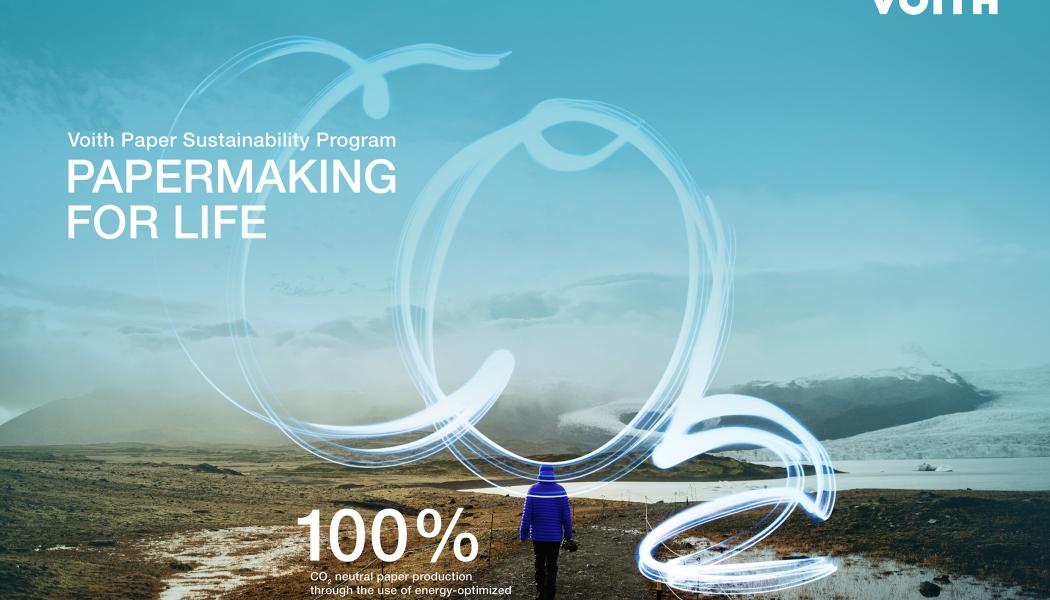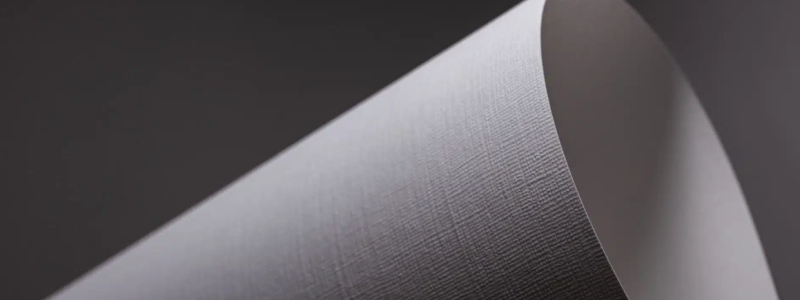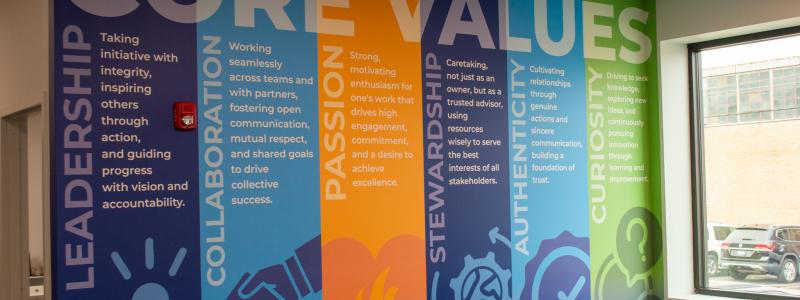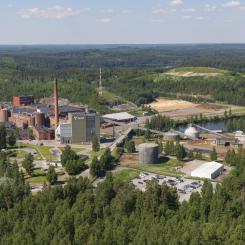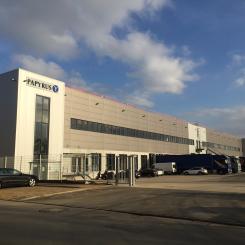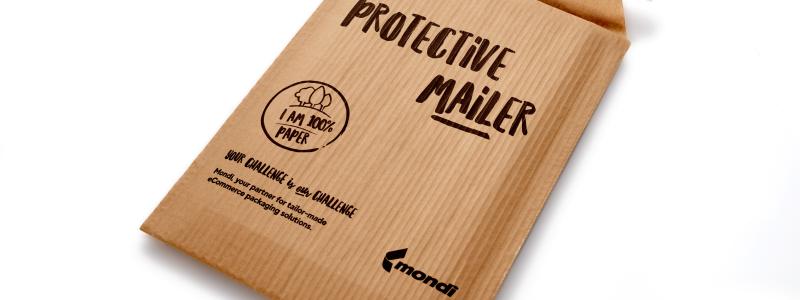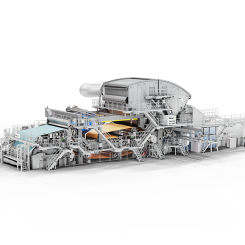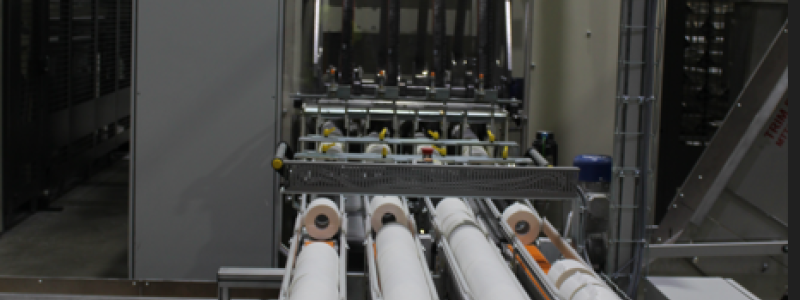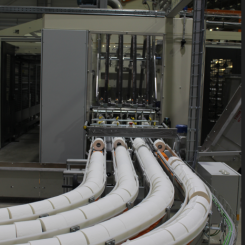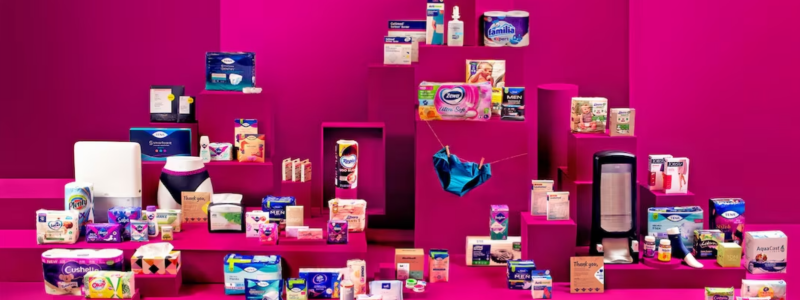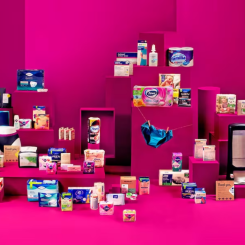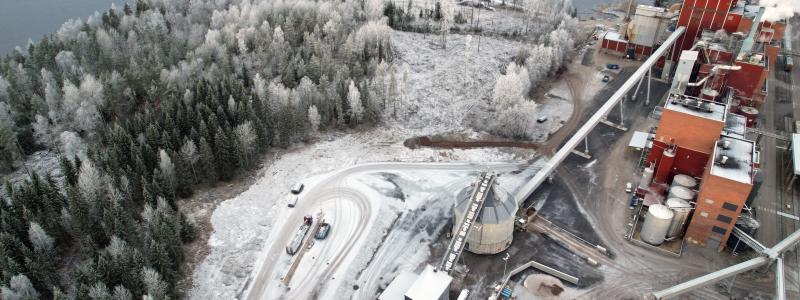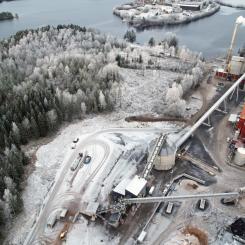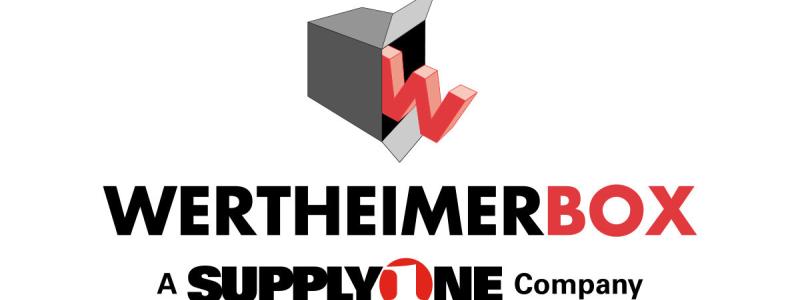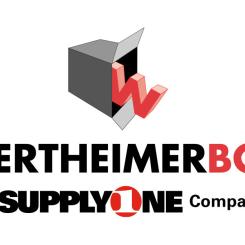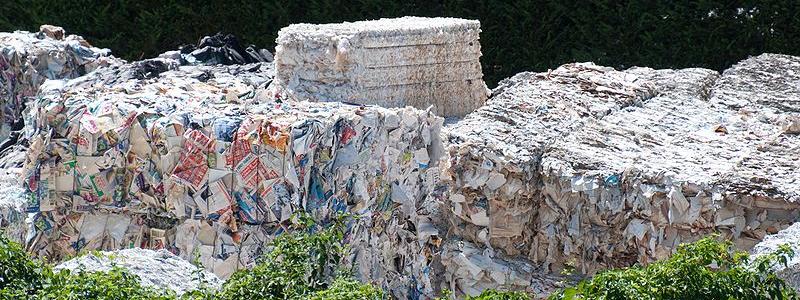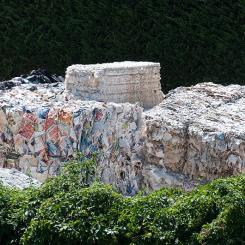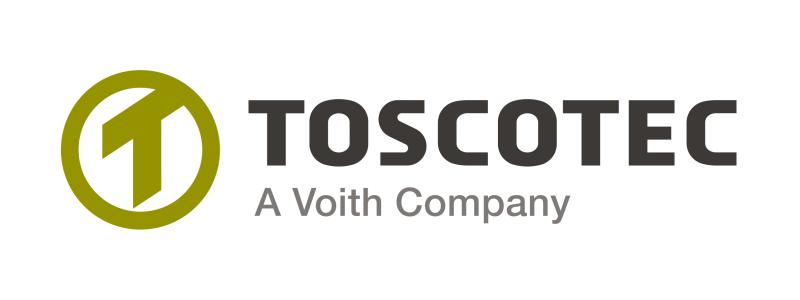Saving CO2 emissions and energy are among the most important fields of action of our time. In recognition of this fact, Voith has developed a completely new, disruptive concept that allows CO2 neutral paper production.
Moreover, the groundbreaking concept reduces fresh water consumption by up to 95 percent as well as energy consumption by up to 40 percent throughout the entire papermaking process.
The disruptive process no longer requires fossil fuels. Voith has now agreed an exclusive partnership with Essity, a global hygiene and healthcare company, to drive further development of this new process. Accordingly, the development incorporates both Essity's extensive expertise in the tissue industry and Voith's knowledge as the leading technology supplier.
"As the full-line supplier to the paper industry, we have set ourselves the ambitious goal of being able to realize CO2 neutral paper production by 2030," says Andreas Endters, President & CEO of Voith Paper. "The fact that we have developed this new process is an important milestone in the industry and demonstrates our high level of innovation. We are very pleased to have found a suitable partner in Essity, who shares our objective of climate-neutral paper production."
“Sustainability is integrated into Essity’s strategy for long-term profitable growth. We are committed to reducing our environmental footprint and achieving net zero emissions by 2050. This partnership with Voith is yet another concrete example of this,” says Magnus Groth, President & CEO of Essity.
Following successful trials on a laboratory scale, the research results obtained will now be transferred to a pilot line at the Voith Heidenheim site, Germany. This new set-up will enable testing under conditions close to production.
As part of the innovation and development initiative "Papermaking for Life," Voith Paper presents versatile technologies and solutions that lead to more efficient and sustainable processes in papermaking. The emphasis is on water, energy and fiber savings as well as digitalization, innovations and partnerships as levers for more sustainable production.

